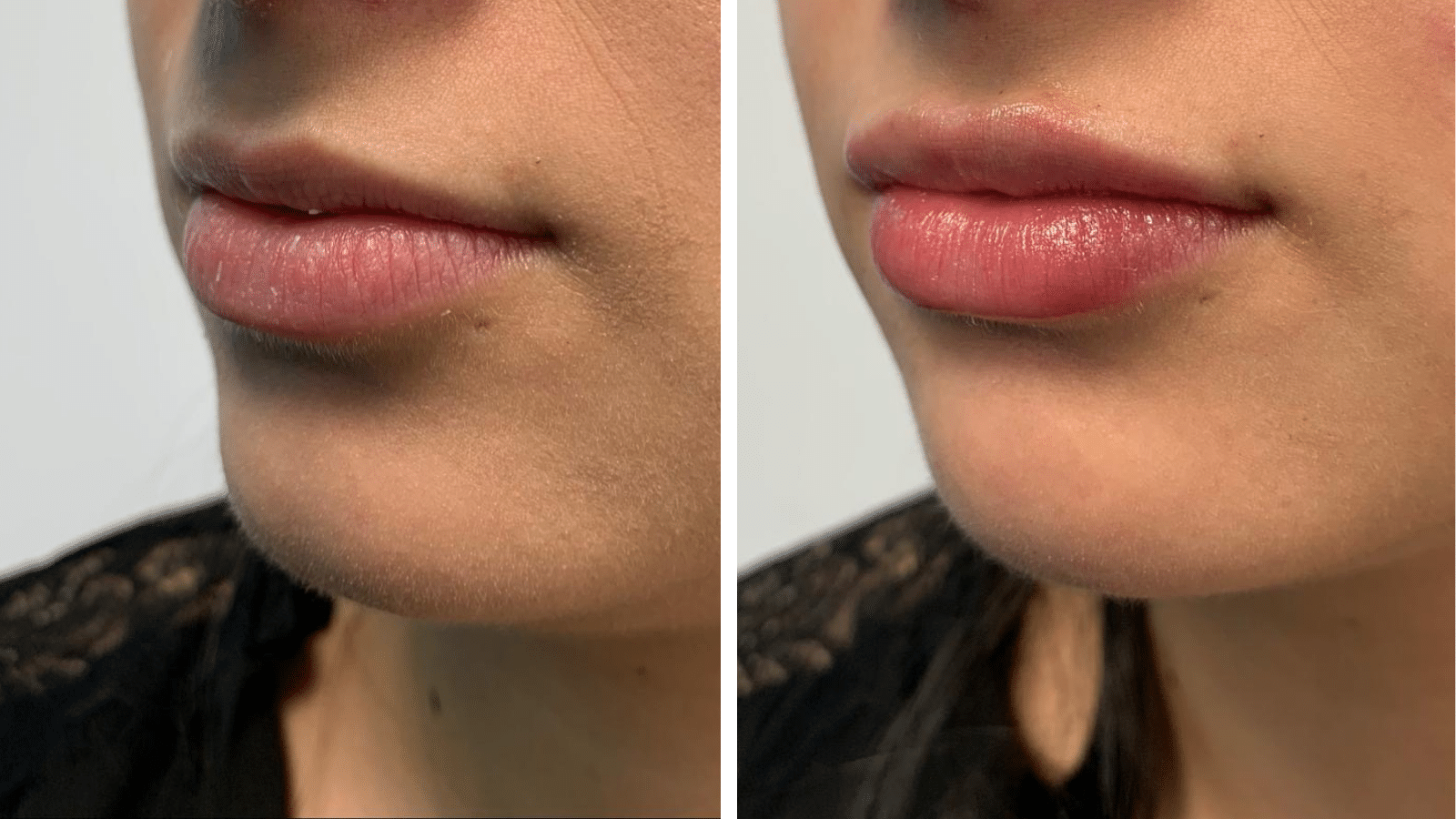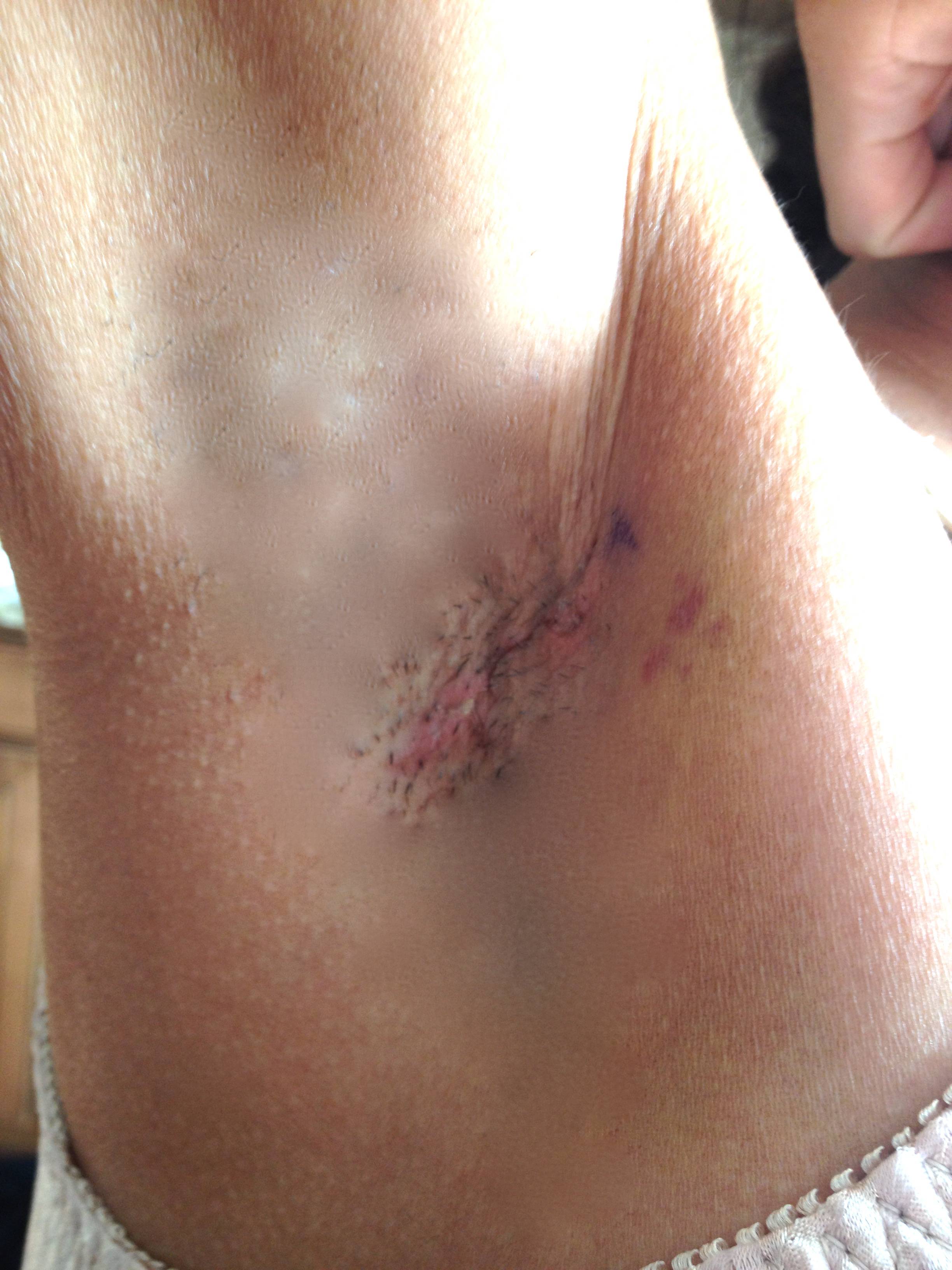
This article will provide you with some tips on how to stop your tears. It will explain the differences between emotional, reflex, and irritant tears. Epiphora, a common reason for tears, will be covered. It is important you understand the differences so you can properly treat them. However, you should still seek medical attention if the tears persist. If the problem persists, there are several steps you can take to stop the tears.
Reflex tears
Reflex tears can be described as natural tears that are produced in response to external stimuli. These tears have important protective functions, such as lubricating the cornea and protecting against dirt and irritants. They protect our eyes from infection. However, they don't have the lubricating properties of other tears, so they tend to be small and lack lubrication. Not only are they inconsequential but can also cause harm if they're produced in excess.

Irritating Tears
Irritating tears are a natural reaction to eye irritation. Fluid builds up in the eyes during crying. This fluid can make an eye condition worse and increase irritation. Additional causes of burning eyes could include dryness, allergy, soap and other environmental irritants. You should seek immediate medical attention if you are experiencing any of these symptoms. These symptoms could be signs of a more serious medical condition or a sign that there is an underlying eye disease.
Emotional tears
Emotional crying contains hormones as well as proteins that help us to feel calm and relaxed after crying. Basal tears release the same hormones as reflexive crying, but they are much larger than basal. Emotional tears are created in response to emotional states. Scientists speculate that they might also contain other hormones and proteins. Tears are similar to saliva in that they contain proteins, lipids and electrolytes.
Epiphora
Watery eyes is a common problem that can be irritating but not life-threatening. It occurs when the tears do not drain properly from the eyes and spill over the eyelids. Epiphora manifests as tears running over the eyelids or the appearance of crusting or mattering on the eyelashes. Many causes can lead to watering eyes. Some people are affected by continuous watering. There are many natural remedies that can be used to treat epiphora.

Treatments
Treating crying eyes requires a quick diagnosis and the right treatment. Although the tears we produce are normal, prolonged or intense crying is an indication of an underlying eye condition. Emotional tears are different from tears that protect vision and lubricate the eyes. They also contain protein. Moreover, tears may be a sign of a more serious condition. A doctor will examine your eyes and prescribe a treatment.